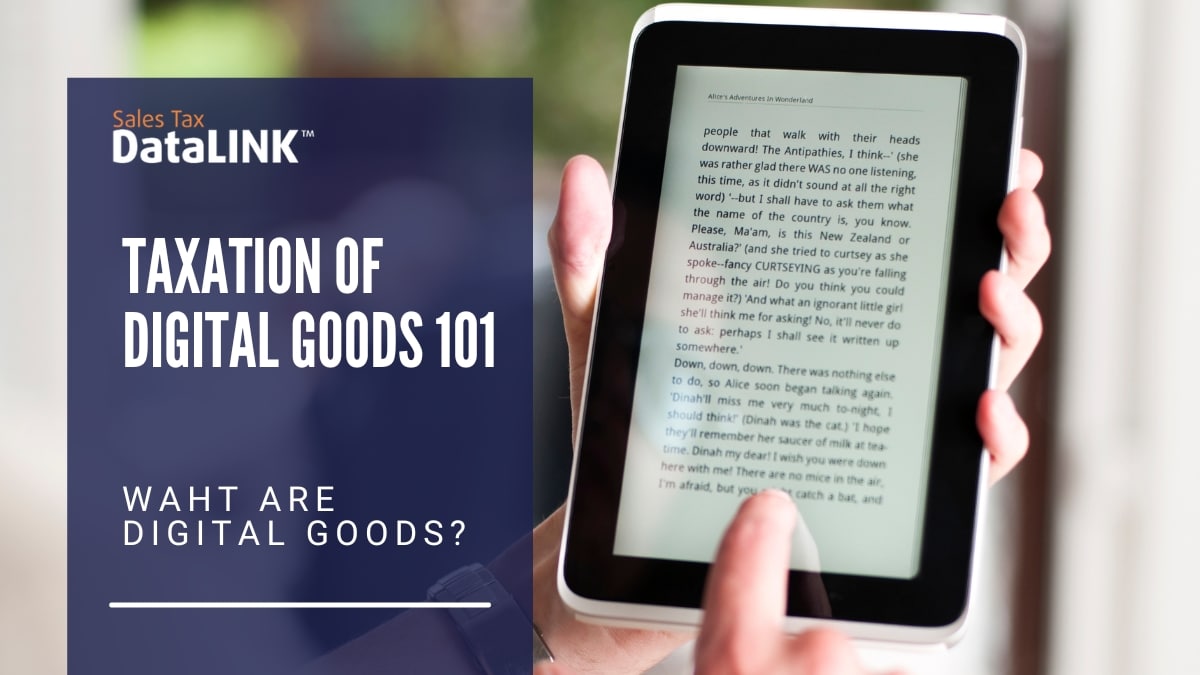Digital goods have changed the shape of the marketplace—and sales tax. Figuring out whether your business needs a taxation of digital goods depends on a number of factors. In this guide, we cover the basics of digital goods and sales tax so you can better navigate what your business needs to pay attention to and get back to doing business.
What are Digital Goods for Sales Tax?
The worst part of calculating sales tax for digital goods is that every state has different rules for what qualifies as digital goods and whether or not they’re taxable. In fact, there are so many differing opinions that 24 states came together to form the Streamlined Sales Tax Governing Board in an attempt to make uniform definitions and tax compliance oblations across state lines.
States typically fall into one of three generalized categories when it comes to defining digital goods.
- States that specifically define digital goods on their books through the adoption of SST legislation.
- States that define digital goods through laws, regulations, or informational documents, relating digital goods to existing sales tax objects.
- States that have not defined digital goods for sales tax purposes.
In the states that have adopted SST definitions, digital goods are categorized in this way
- Digital Audio-Visual Works. A series of related images that, when shown in succession, impart an impression of motion, together with any accompanying sounds.
- Digital Audio Works. Works that result from the fixation of a series of musical, spoken, or other sounds.
- Digital Books. Works that are generally recognized in the ordinary and usual sense of books.
So, how are you to know what to tax and to whom? Of the three mentioned groups, 65% of states have some sort of definition of digital goods to accompany their sales tax laws. However, it is important to remember that the extent to which the good is defined is not necessarily related to how it is taxed. Again, states tend to fall into three groups.
- States that specifically tax digital goods on their books in law and regulation.
- States that tax some or all digital goods, often relate the taxability of digital goods to existing sales tax laws.
- States which do not tax digital goods.
What Does This Mean For The Future?
As more and more products become digital, and as businesses cease to be brick-and-mortar buildings, states are going to have to take the time to clearly outline their sales tax policies. Until that happens though, businesses are going to have to be proactive in their sales tax research.
If you’re unsure about sales tax policies in the states you do business in we can help with outsourcing and offer tools that make digital sales tax filing easy!




